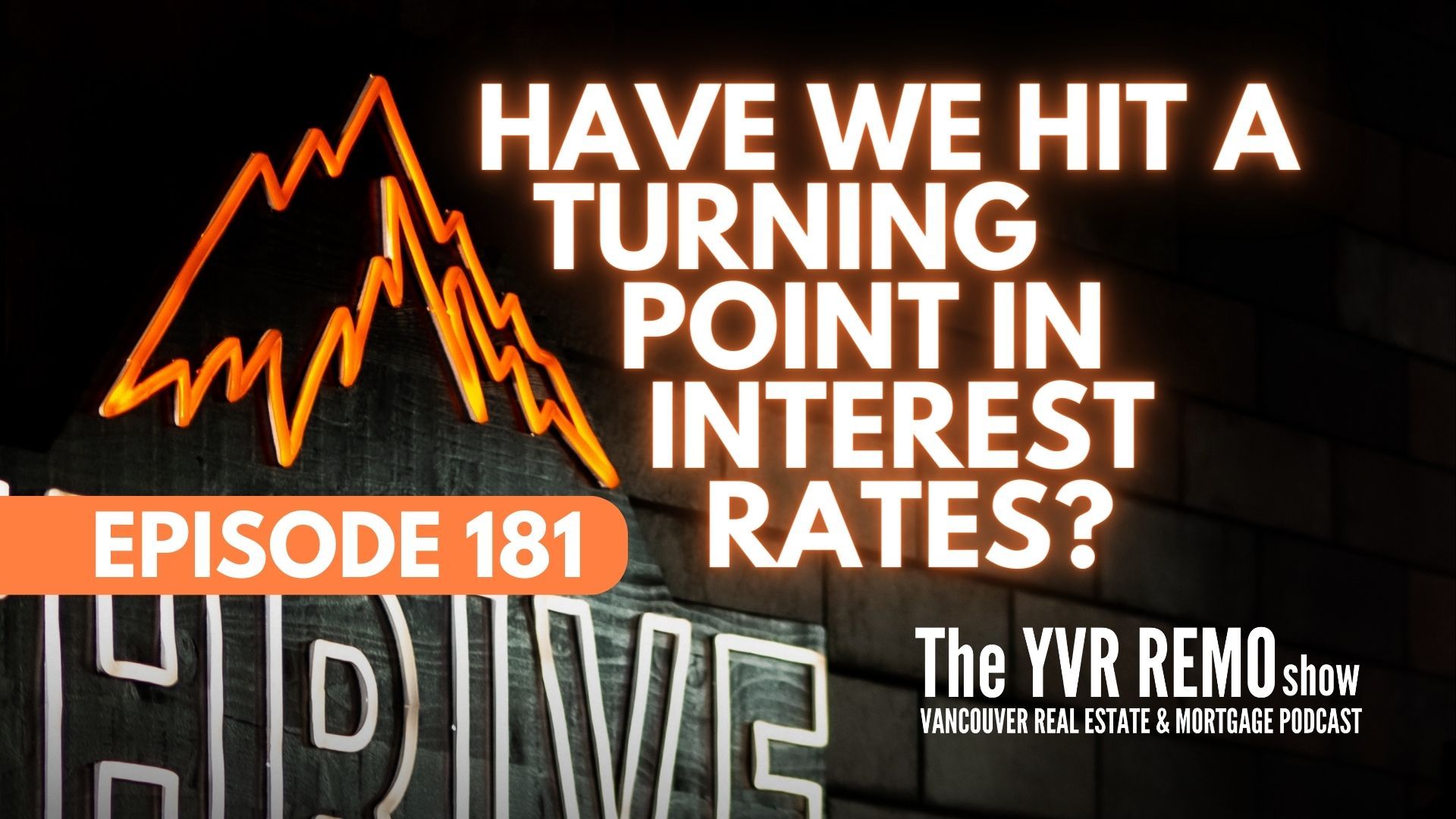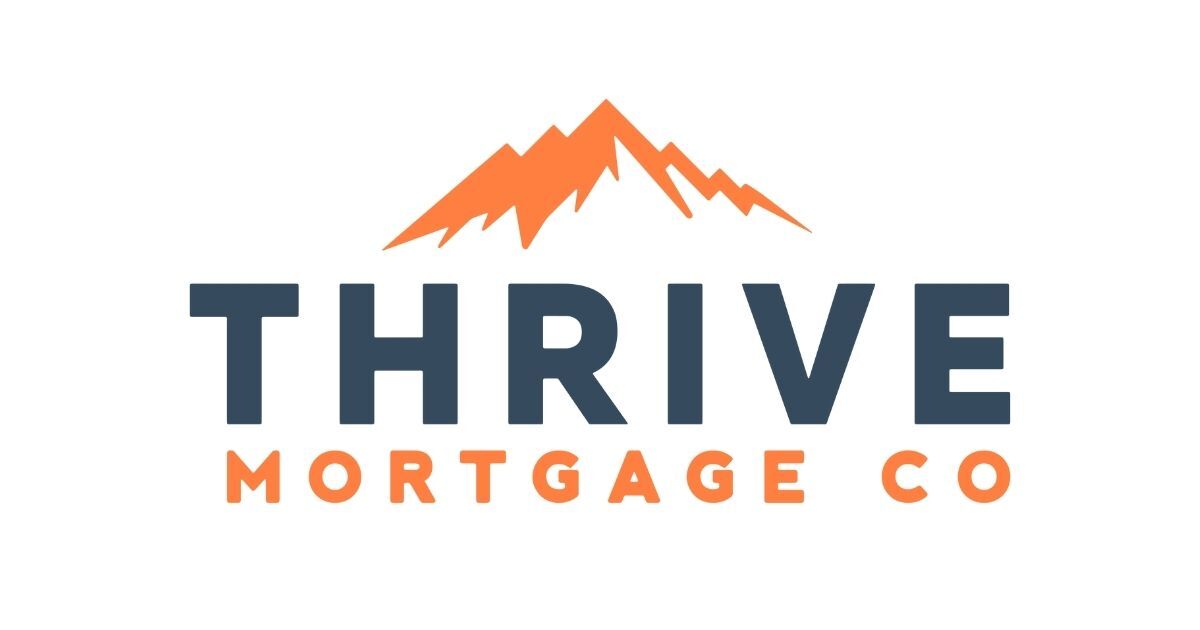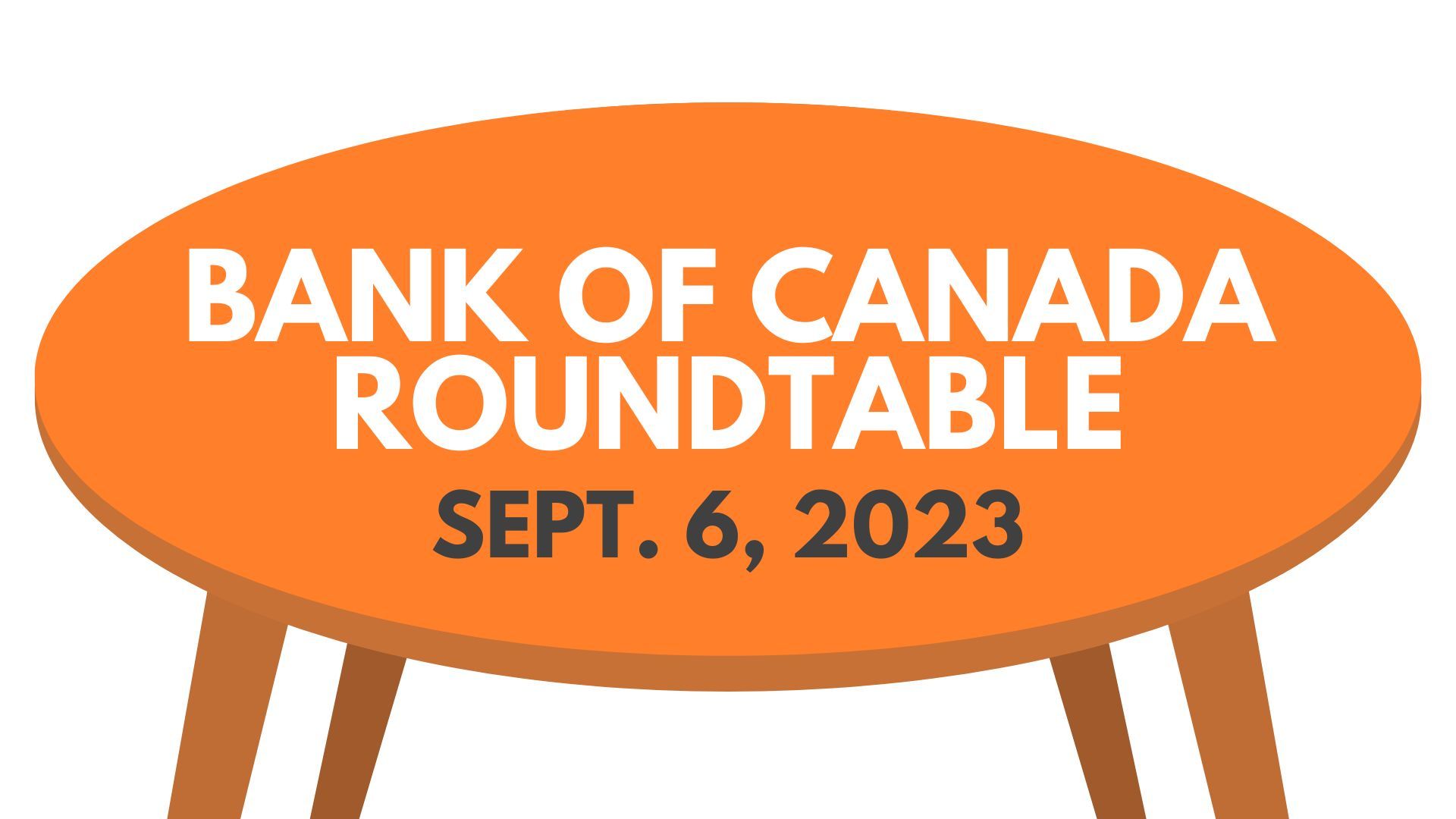What To Do When The Bank Says No! | The YVR REMO Show EP. 123
It can be frustrating when the banks say no or you get turned down. People need to know their options. It's not always about the bank saying no, sometimes it comes down to other lenders or knowing different qualification options.
We'll talk about circumstances where it would make sense to explore different options and what they might look like.
The bank has said no, you hear that a lot these days. It is becoming more and more consistent.
In the past, a mortgage broker was considered a second choice option. You were going to one primarily because you needed a second opinion or you couldn't get a mortgage from the bank.
That's changed dramatically.
Mortgage professionals like ourselves are at the forefront of providing better advice, better options, and a better process for clients. We're still going through banks and lenders.
The purpose of today is to dig into what you should do when the bank says no.
What are your options?
What does that mean for you?
Quick Overview
When the bank says no, don't get discouraged. You have to keep in mind that every single bank has its own set of policies and guidelines. The person you were talking to at a bank might not even know those guidelines in detail enough to properly advise you. You should get a second opinion.
Don't stop the goal that you're trying to reach.
There's conventional lending, which is your banks and credit unions. Some credit unions offer credit repair programs if that's the issue you're running into. There's also alternative lending and private lending.
In markets like this, we're seeing people run into qualification issues and it's because rates are getting higher. This means the stress test is higher, which means people are qualifying for less. There are ways to mitigate that with different types of lenders and programs. We're also seeing people getting declined because they've got too much debt. There are ways to mitigate and work through that.
What's Happening Right Now?
We're in an uncertain climate from a lending perspective. The cost of everything is going up, interest rates are increasing, and property values are declining. Lenders are more nervous than ever before.
We always talk about lending and money as if there's some kind of magic criteria but it's simple with most of these conventional banks and lenders. They have a series of boxes to check. If you don't check off those boxes, then you need an exception and they're not interested in making those exceptions right now. So you're getting a lot of those examples that
Banks have their concerns when rates do this. Credit unions are not financing rental properties right now and you are going to see certain markets scale back. Understanding your options is important.
Why Are Lenders Scaling Back?
There are a few reasons why lenders will scale back in markets like this.
One reason is when there's potential fear that there could be a value correction or at least a pause in appreciation. We have to keep in mind, that we're coming off one of the hottest years of real estate in history.
A lot of lenders, especially credit unions, have lent out their allotment of funds for things like revenue and rental properties. They've lent those sorts of products as much as they can for the amount of money they have. It may sound strange, but lenders do have a certain amount of money to allot for certain types of products. They could reach those capacities quickly.
What Are The Common Reasons That We're Seeing The Bank Say No?
There are a lot of people that are saying no to the bank because the product is not right for them. People are coming off some of the lowest interest rates in history. They're looking to refinance and consolidate debt banks but the banks are providing them an option that's taking them out of a very good rate. This ties back into a second mortgage product, a lot of people have maybe forgotten about that term.
What is the second mortgage?
Why would anyone get a second mortgage?
These are the times when it makes a lot of sense to get a second mortgage to preserve the rate that you already have on your current mortgage. Use a second mortgage to consolidate the debts. It's important to understand the stress test and the fact that we are qualifying at much higher rates than we have before.
There are qualifying issues because the rates are arguably 2.5% higher from a qualifying perspective than they were in the past. Look at keeping the current mortgage in place for that reason alone because we keep the payment much lower.
We're qualifying the payment that's on the first mortgage and then we're paying for the second mortgage amount. That's something we would go deep into during a planning session with our clients.
We typically see this go one of two ways.
- If you have a cost-effective mortgage on your property and want to keep it, we run numbers to see if you qualify for a HELOC. If that isn't happening, because of credit issues or qualifications, you are not qualifying for conventional lending.
- Take on second mortgages through private lending.
As much as private lending sounds scary, here's a prime example:
Clients had a $600,000 mortgage at a 2% fixed rate. They did not want to give that up because of a refinance. They will be taking on a whole new mortgage at either a 3.5% variable or a 5% fixed rate.
A massive jump in qualification.
What we did was structured a second mortgage at $80,000. It came out to about 8% interest. When you look at the blended rate, because they have $600,000 at 2% and only $80,000 at 8%, they ended up in the high twos. They're able to consolidate all their debt and fix their credit. When they're up for renewal in three years, we'll be looking to restructure and get them a bigger mortgage to consolidate all of that.
That was a good strategy and a prime example of where they did not qualify for conventional lending no matter what bank they went to.
Know your numbers as opposed to just looking at the one specific number.
Don't just look at the rate, look at your total cost, which includes penalties, fees, and other considerations.
Clarifying Mortgage Penalties Right Now
The penalties are confusing a lot of people right now because penalties are low. People that are coming out of a 1.5% interest rate are finding themselves quite puzzled that their penalty is so low. It's making them excited about moving forward without looking at all the numbers. The fact is you are going for a much higher rate.
The banks want to get rid of these low rates and they want you to break your mortgage so they can get you back into a higher rate. It's important to do a deep dive into the total cost and not get too excited.
Every single lender has its policies and guidelines. Working with one particular lender will substantially limit you when it comes to your qualification options, costs, and long-term strategy. They may not allow the exception to go over your debt ratios, which could reduce your qualification by $200,000. There are so many other options out there when the bank says no.
Benefits of Using A Mortgage Broker
Our goal every time we run a pre-approval or pre-qualification for a client is how can we maximize qualification?
That's our first step.
How can we get these people to the highest possible loan amount so that they can purchase the home that they want?
Once we figure that out by working through different lenders' policies, we're finding the best interest rates and making sure that they're in line for the client.
Example:
We ran numbers for someone buying a detached home with a basement suite. Compare banks and you're going to see a difference in the qualification of up to $200,000 depending on that person's situation. You need to look at that.
It comes back to the importance of working with a broker.
If you go to your bank and you have a strong application, you're probably going to get a mortgage but you are putting your blinders on. There may be something better out there for you.
What About Alternative Lenders?
There are a lot of situations where people don't fit into conventional boxes. Before the stress test came in, the overall lending world was a lot more simple.
Some alternative lenders offer very similar rates and terms as regular banks. The only difference is that they offer more competitive programs for self-employed people, those who own multiple rental properties, or those who have different sources of income.
What happens if your bank declines, in some situations, they can refer you out. They will get paid a commission or a fee to send you off to a third-party service provider who will provide you with a B lending option. The biggest problem there is that you're not dealing with the broker. In this case, they're just sending you where they feel is best at that point. In our experience, this is rarely the best option for the client because they're just trying to get you a loan. They're not trying to get you the best loan. They don't have your best interests in mind.
How are they shopping for you?
After talking to some clients who've gone through that experience, they don't even know what happened. They came back a month after not having any communication. The way the process works is the bank is just referring you to a third party that wouldn't be considered competition for that particular bank, where there are products that may fit at one bank versus the other. They're considered competitors. With alternative sources, it's not a bad option, but it's probably not the best option.
Common Situations We Are Seeing People Get A No
- Self-employed mortgages are the number one situation where we see either a no or not close to what the clients looking for.
- Pricing. The bank knows that you're not likely going anywhere. They're not going to be competitive until you are.
- Credit is a big one. Lenders are being tighter on credit than they've been in years. They're looking for credit as a primary consideration of your qualification capability.
What Are Exceptions
When we say except, it means you're not quite qualifying and we need an exception on credit. This could be because you missed a couple of payments or your incomes sporadic. In a strong market, we were getting a ton of exceptions through certain institutions. We are starting to see that go away. The exceptions are not as common.
We had very strong clients and we could not get an exception. The lender told us that they're expecting people to start taking on more consumer debt. They worried about that. They did not want to make an income qualification exception. The inflation rates were outlined yesterday at 7.7%. You do have to expect that people are going to take on more consumer debt. The banks are at the front end of this, so they're going to continue to change policies based on what they're seeing internally.
Property Concerns
We see property concerns right now, especially around appraisals. We were getting a lot of appraisals waived. It was becoming quite common that we don't require an appraisal on a purchase. We're finding a lot of a lot of deals are requiring an appraisal now. An appraisal could be coming in under value, meaning the appraiser saying it's worth less than your accepted offer. The deal may not be getting declined, but it's definitely getting adjusted. We're going back to the negotiation table to fix that issue from a perspective of value.
We're seeing a lot of appraisals. That is something to be aware of because it increases the amount of time needed when you're buying a home and need subject to financing. We always recommend this when there's financing involved.
This Is Why To Use A Mortgage Professional
If you're trying to qualify for a loan on your own, and you get a no, you will have to walk over to another bank and go through the whole process again. We do that for you as mortgage professionals. We are here to educate you. That's a big part of what we do. One lender says no, then we're going to walk over to another lender to provide the best option for our clients.
If a lender that we're working with doesn't approve the file, we already have an appraisal completed. We can transfer that appraisal over to another lender. From the perspective of time management and saving money, that's a big one.
SUMMARY
Remember, it's not a no forever, it could just be a no for now. If you're getting a no from the bank, give us a call.
If you're a real estate agent in the industry, this is the thing that will kill steam as far as the emotion from a buyer.
If you are a buyer, don't let it kill your steam. There still could be other options.
You need to walk away with a clear plan. That's the most important thing that I would take away from this.
We're on Instagram!
instagram.com/thrivemortgageco
Check us out on Facebook!
How to Reach US! 📲
Call 604.398.5575 or Email us!
More Questions or READY to get started!?
Just Ask US > Click Here to set up a call or EMAIL us











